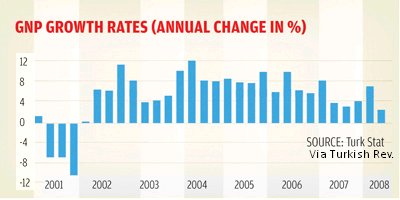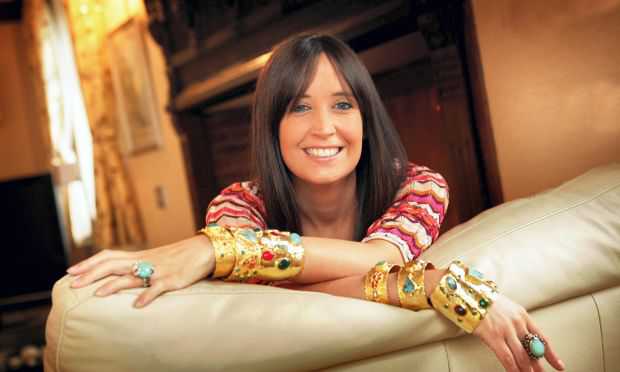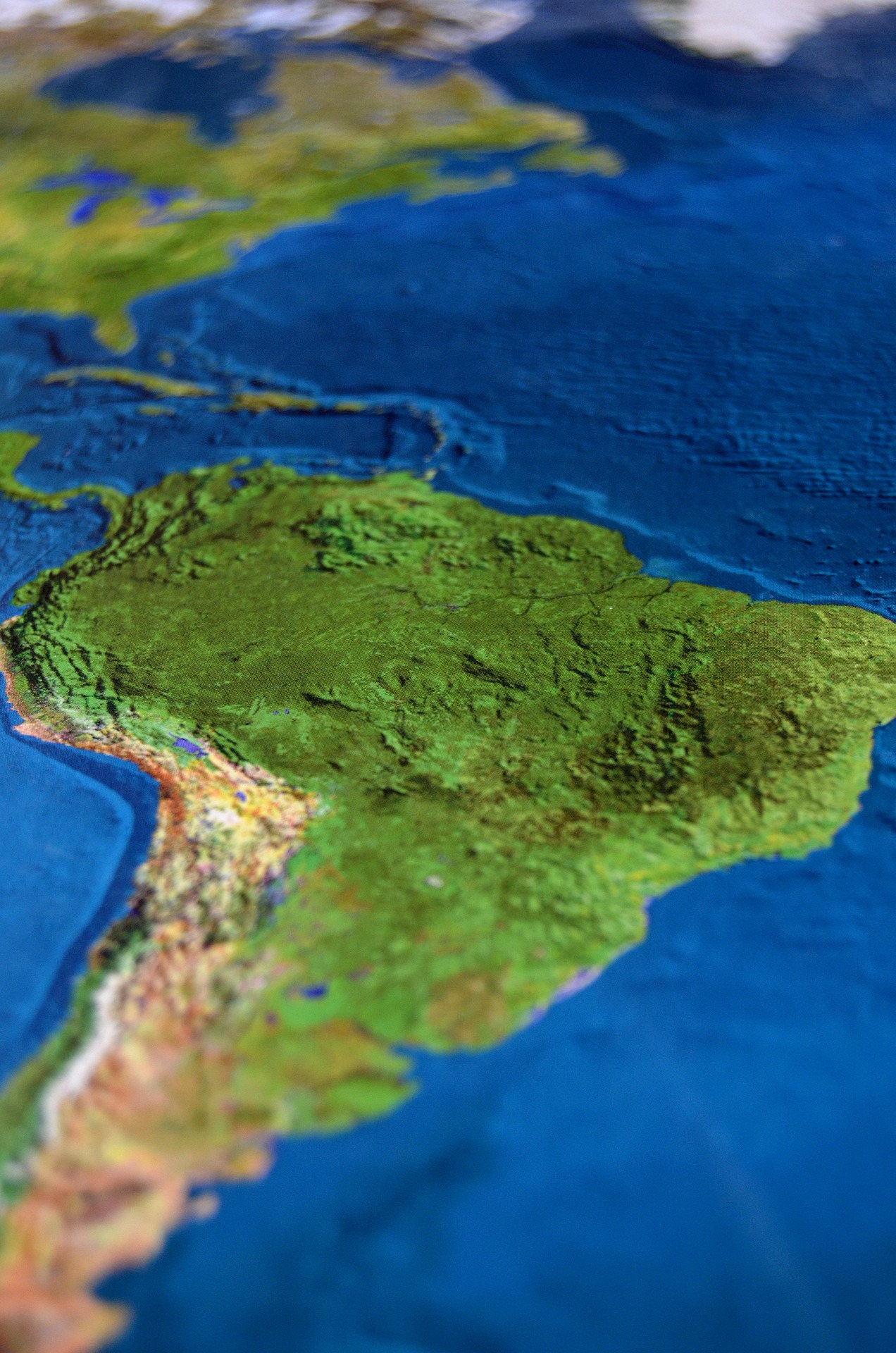ISTANBUL – Anatolia News Agency

Turkey paid a total of $29.45 billion over the last five years for 18 items that are not produced in the domestic market, according to a recent report from the Istanbul Chamber of Certified Public Accountants, or ISMMMO.
High-technology products led by helicopters, aircraft, mobile phones and laptops, constitute a great part of Turkey’s imports, in addition to mines, agricultural products and energy resources such as oil, according to the report. The “Turkey’s Industrial Production and Facts” report is prepared as a result of an extensive observation of 3,000 different industrial items.
“Instead of allocating billions of dollars each year to imports, Turkey should attach more importance to research and development studies and prevent brain drain,” said Yahya Arıkan, chairman of the İSMMMO. “We cannot even produce watches or devises used for measuring blood pressure.”
Helicopters and aircrafts have led Turkey’s imported industrial products list for the last five years, followed by mobile phones in the second spot. Turkey paid a total of $8.4 million for helicopter and aircraft imports between 2006 and 2010 and $6.9 million for mobile phone imports.
Turkey is experiencing a great weakness and economic loss with high-technology products, the report said, adding that the country pays billions of dollars to foreign countries each year to import many technological products.
Turkey pays some $7.8 billion each year to import a total of 18 products that cannot be produced in the domestic market, the report said. The amount paid abroad totaled nearly $30 billion over the last five years, according to the report.
High-technology products lead by optical instruments, medical imaging devices, printers and copier machines and consumer electronics such as mobile phones and digital cameras are considerably imported from the Eastern Asian countries, the report said. According to the report, laptops come in the third spot with a total cost of $4.4 million, followed by informatic product components with $2.6 million. Printers, scanners and copier machines totaling $1.4 million are the other technological products in the list. The watch sector’s imports also have quite a big share, representing $1 million in the total amount.
Recalling the domestic automobile production debate, Arıkan said, “Before this discussion, we should discuss our economy, which is unable to produce cameras, motorboats, lenses for cameras, blood pressure gauges and even watches.
“Turkey can produce technology,” Arıkan said. “Specialization, cooperation, planning and investments are needed. We can reach prosperity and social stability only by complying with technological revolutions.”




